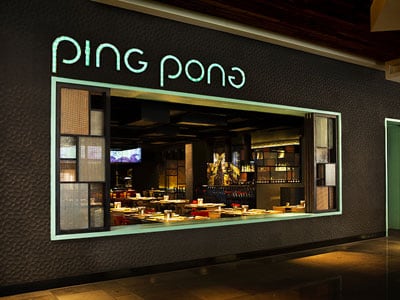The dim sum chain, which closed its four remaining sites earlier this summer, was hit with a £500,000 rise in annual costs due to a higher National Living Wage, National Insurance contributions, and business rates that it was unable to meet.
The group, which was founded in London’s Soho in 2004, reported a strong Christmas trading period in 2024, but was unable to sustain the downturn that followed despite putting in place cost-cutting measures, including head office restructuring and targeted marketing campaigns.
It sought advice from Begbies Traynor in spring 2025 but failed to turn around its position. A report from Begbies Traynor says that the business ‘saw a sharp downturn in 2025’ with revenues dropping 20-25% compared on the previous year’s figures.
“It was also clear the company would be unable to make contributions towards historic liabilities from trading revenues without the introduction of new third-party funding, which was not a realistic prospect,” according to Asher Miller and Stephen Katz of Begbies Traynor.
Ping Pong had faced several challenges across its lifetime, including going through a pre-pack administration process in 2022.
In 2024 it scrapped service charge and replaced it with a discretionary 15% ‘brand charge’ to fund wage rises for all of its restaurant teams in a response to new tipping legislation. The group later scrapped the idea quietly in favour of a standard service charge following backlash in the press.
It has also been involved in protracted disputes with the landlords of its Southbank Centre and James Street restaurants that placed a strain on its cash flow.

